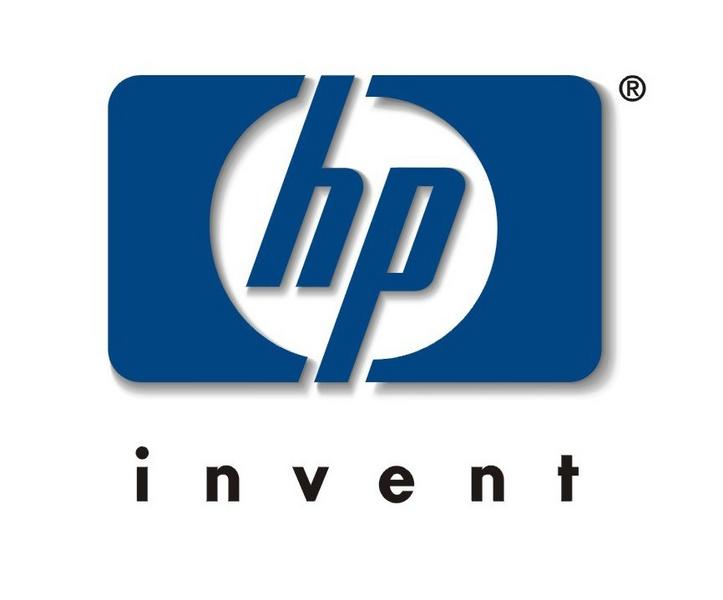Cheaper printing changing publishing, says HP
Digital colour printing processes lowering costs of short-run, on-demand and personalised publishing, HP told the London Book Fair today.


Advances in printer technology means short run colour jobs are no longer prohibitively expensive, HP told attendees of the London Book Fair today.
As digital colour printing gets cheaper, more and more uses are found, such as printing on demand or personalising brochures, said Guy Thompson, HP's product manager of workflow services.
"Generally, in the past, the more you printed, the lower each cost," he said. "Now you print what you need."
While this won't change how the next Harry Potter or Dan Brown novel is produced, it does mean publishers can take more chances on unknown authors or keep older books in print for longer. Before, a long print run meant risking cash up front on printing and expensive warehousing costs, but with digital printing cutting costs books can be printed as they're needed. And, with higher transportation costs, it's often cheaper to print smaller runs locally.
Thompson said if you buy a specialist book from online retailer Amazon odds are, it'll be printed just for you. "Instead of it being on the shelves, they're printing on demand," Thompson said. "They're moving from just a retailer to a printer. It's easier to print than store."
HP itself has used on-demand printing to save 200 million a year on it's own brochures, while still being able to personalise them.
Cambrian Printers, a customer of HP, said the yearbooks they print for schools cost half as much using digital methods than traditional lithographic ways, allowing for more personalisation for each school, according to Carrick Wilkie, of Cambrian's sales development department. "The only way for our business to evolve was to use digital colour," he said, adding it allowed them to expand into yearbooks and specialised auction catalogues.
Sign up today and you will receive a free copy of our Future Focus 2025 report - the leading guidance on AI, cybersecurity and other IT challenges as per 700+ senior executives
Freelance journalist Nicole Kobie first started writing for ITPro in 2007, with bylines in New Scientist, Wired, PC Pro and many more.
Nicole the author of a book about the history of technology, The Long History of the Future.


